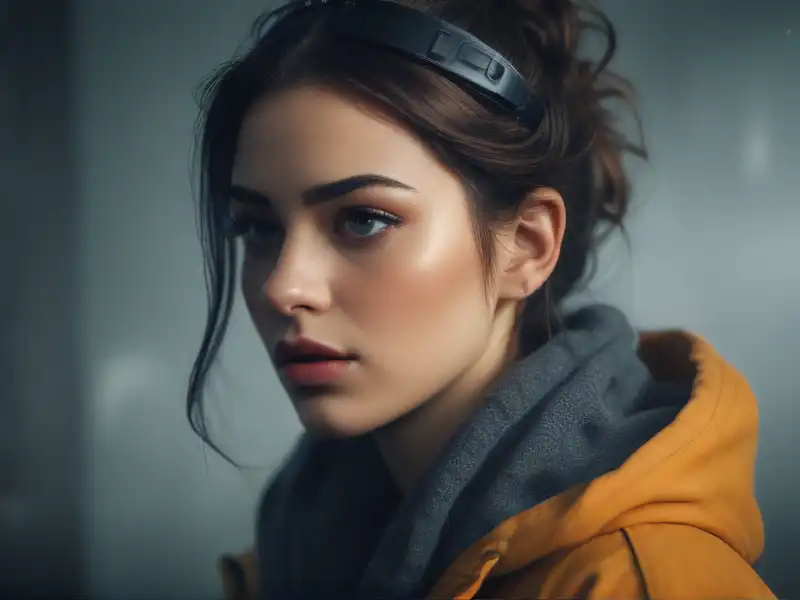When we think about our favorite movies, certain scenes or moments often come to mind accompanied by a rush of emotions. Whether it's an intense action sequence, a heartwarming reunion, or a chilling reveal, music plays a crucial role in enhancing these cinematic experiences. The power of soundtracks in shaping movie experiences cannot be overstated. From setting the tone and atmosphere to evoking specific emotions and themes, a well-crafted soundtrack can elevate a film from good to unforgettable. In this article, we will explore the impact of music in movies and how composers and filmmakers use soundtracks to create lasting impressions on audiences.
Body:
The Role of Soundtracks in Movies
Soundtracks are more than just background noise in a movie; they are an integral part of the storytelling process. Music has the ability to convey emotions, create tension, and build atmosphere in ways that visuals alone cannot. A well-chosen soundtrack can enhance the narrative of a film, deepen character development, and engage the audience on a deeper level. From iconic theme songs that instantly evoke a sense of nostalgia to subtle underscoring that amplifies the emotional impact of a scene, music is a powerful storytelling tool that filmmakers rely on to connect with their viewers.
Creating Emotional Resonance
One of the most significant ways music shapes movie experiences is by creating emotional resonance with the audience. Whether it's through a stirring melody, a haunting motif, or a rousing crescendo, music can evoke a wide range of emotions that amplify the impact of a scene. For example, a tender piano piece can evoke feelings of love and romance in a romantic drama, while a suspenseful orchestral score can heighten tension in a thriller. By tapping into the emotional core of a story, composers can craft soundtracks that resonate with viewers long after the credits have rolled.

Enhancing World-Building and Atmosphere
In addition to evoking emotions, soundtracks play a crucial role in enhancing world-building and atmosphere in movies. A well-crafted soundtrack can transport viewers to different time periods, locations, or fantastical worlds through the use of specific instruments, melodies, and rhythms. By creating a sonic landscape that complements the visual aesthetics of a film, composers can immerse audiences in the story and make them feel like active participants in the narrative. From the whimsical tunes of a fantasy adventure to the futuristic synth sounds of a sci-fi epic, soundtracks help set the stage for unforgettable cinematic experiences.
Establishing Themes and Motifs
Another way music shapes movie experiences is by establishing themes and motifs that recur throughout a film. By using recurring musical phrases or leitmotifs associated with specific characters, locations, or moments, composers can create a sense of continuity and cohesion in the storytelling. These musical motifs serve as identifiers that help viewers connect with the narrative on a deeper level by underscoring key themes, character arcs, and plot developments. Whether it's the ominous theme of a villain or the triumphant fanfare of a hero, these musical signatures become as integral to the story as the dialogue or visuals.
In conclusion, the power of soundtracks in shaping movie experiences cannot be underestimated. From creating emotional resonance and enhancing world-building to establishing themes and motifs, music plays a vital role in engaging audiences and immersing them in the cinematic experience. Composers and filmmakers alike understand the importance of a well-crafted soundtrack in enhancing storytelling, evoking emotions, and creating lasting impressions on viewers. As we continue to enjoy the magic of movies, let us not forget the indispensable role that music plays in transforming a good film into a truly unforgettable one.
